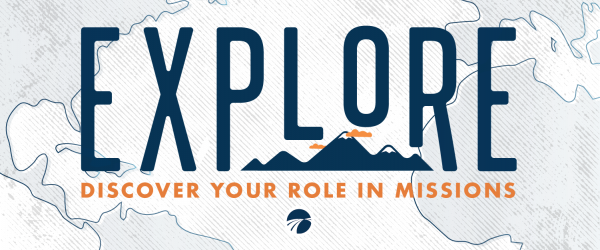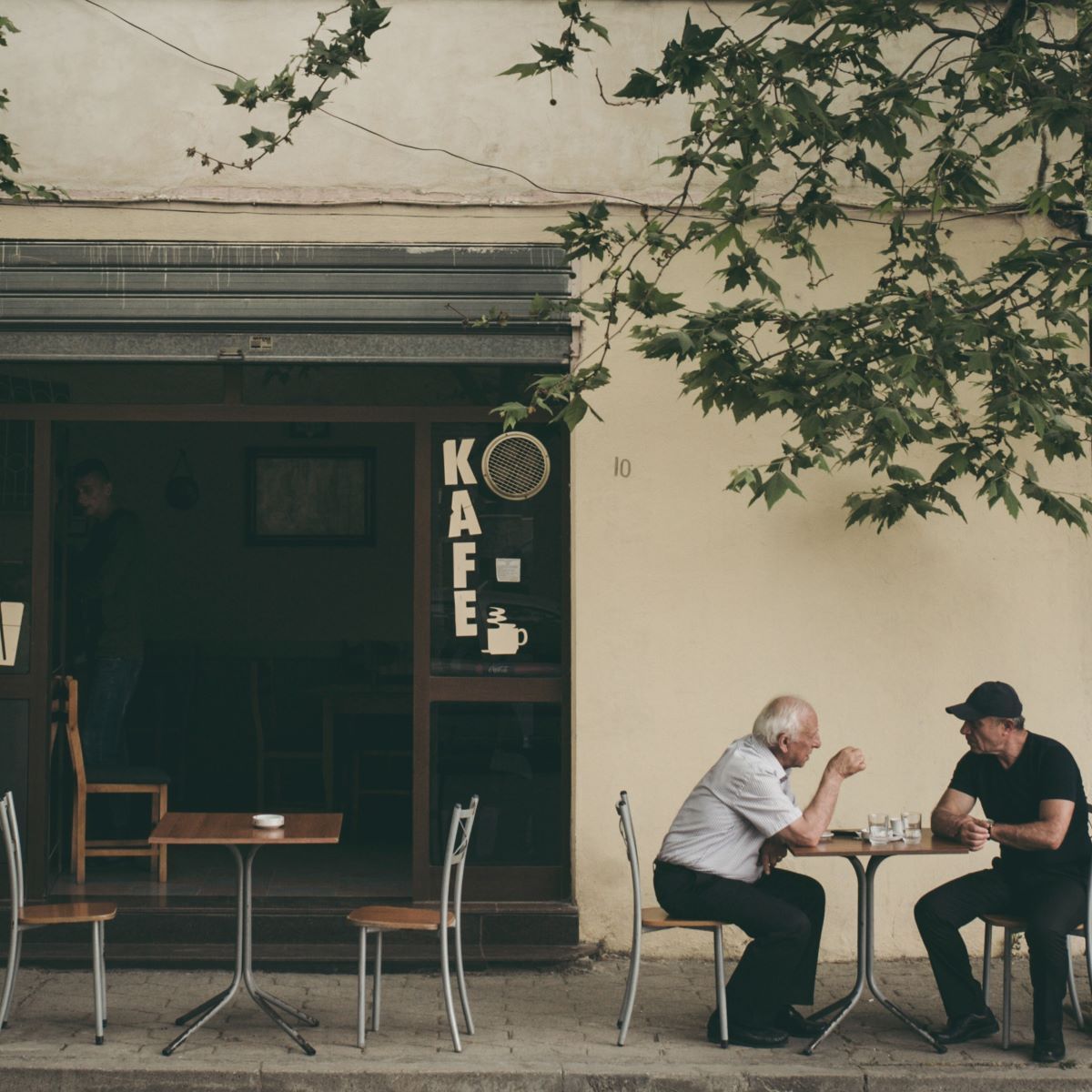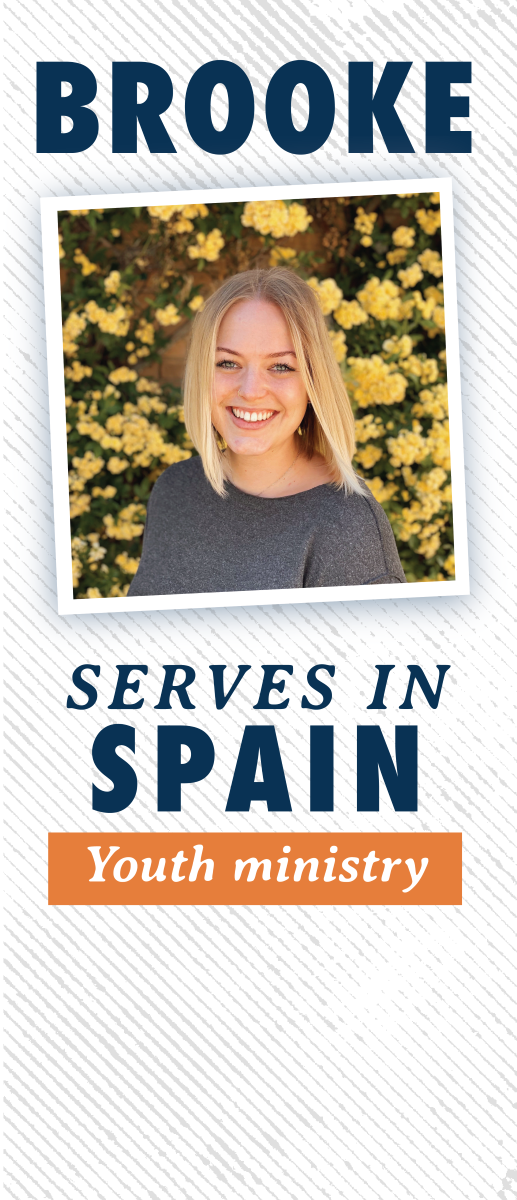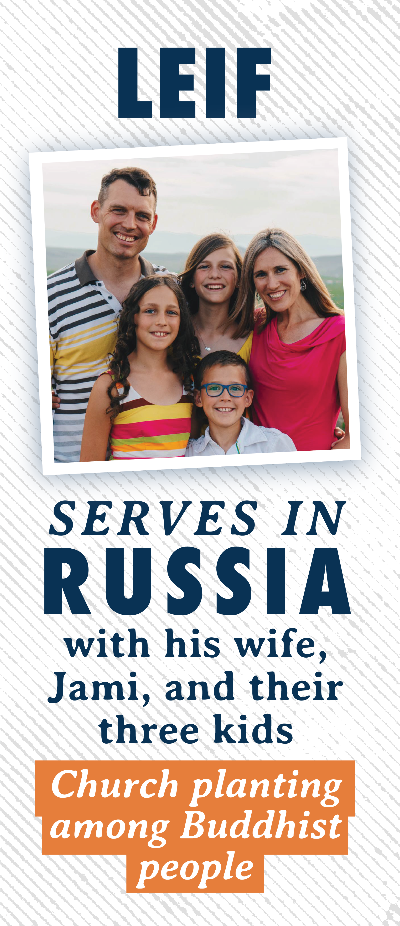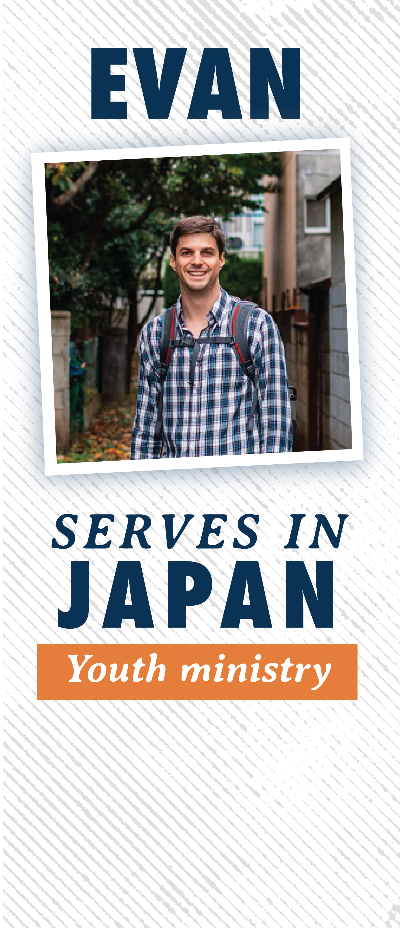| Weave Your Faith Into Your Language
"One thing I always say in response to this kind of question is that we need to talk like Christians even to non-Christian people we know or meet. This doesn’t mean we use all the deep Christian lingo, but we can talk about God with people without having to evangelize or be in Bible study. My mom is really good at this. We might be at the dentist and they always ask how you’re doing, even when their hands are all up in your mouth. And she answers, 'Well, we’re trusting God with this difficult situation,' 'I’m praying for my adult children,' or 'God has blessed us with this,' And things like this. We all believe God is the one who does this but we choose to edit our conversation with non-Christians to leave out all this God talk. But this is a great time to lay out clearly all the ways God is good and good to us. And because it is our story the listener cannot be offended, but they can easily see God’s work in our lives."
|
